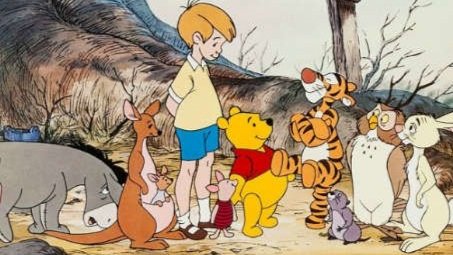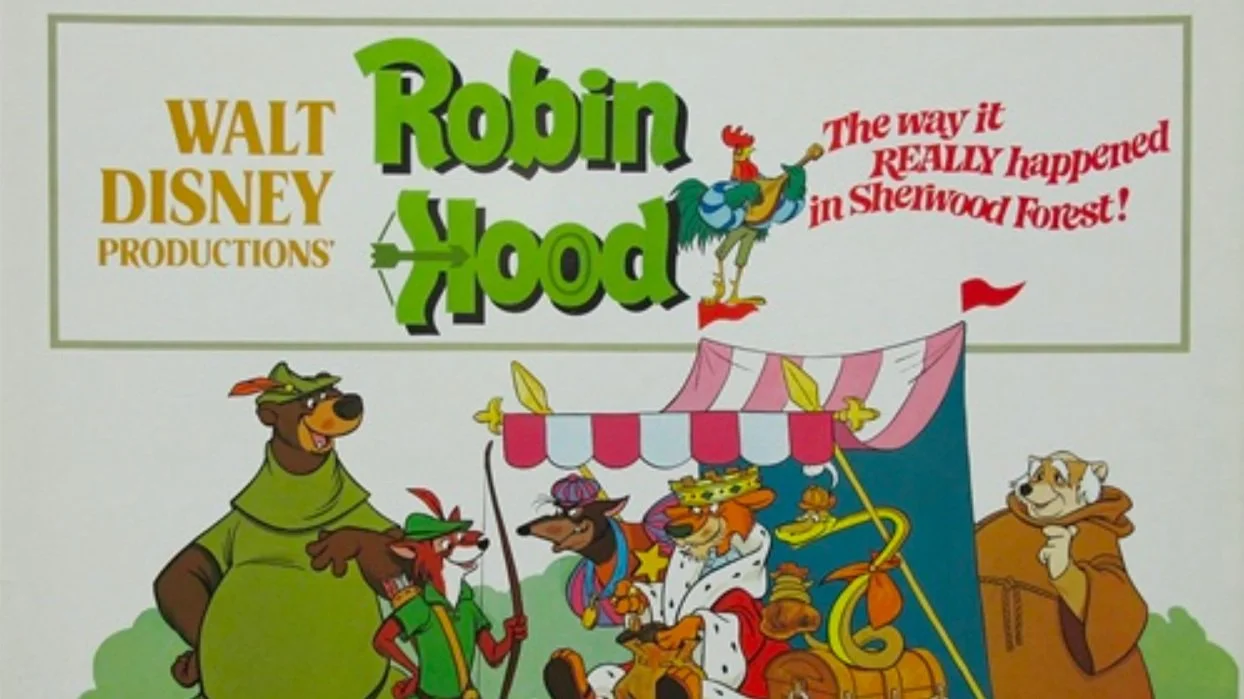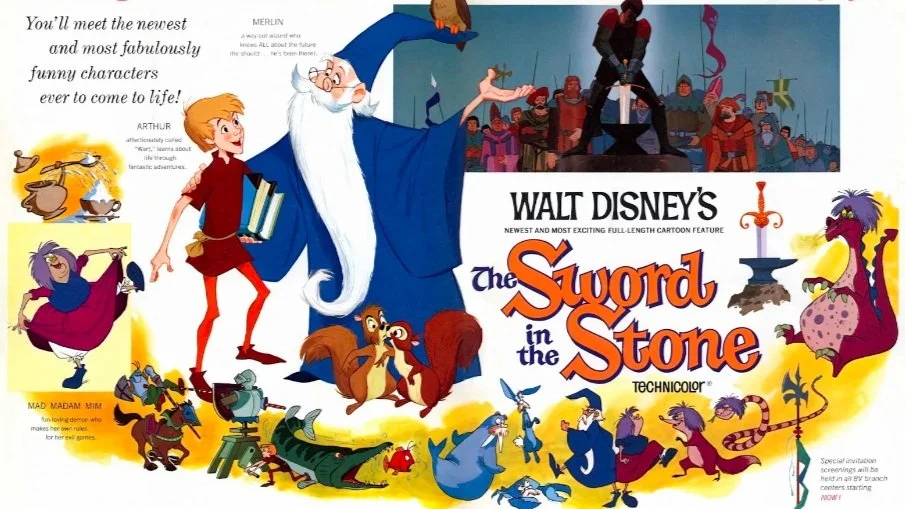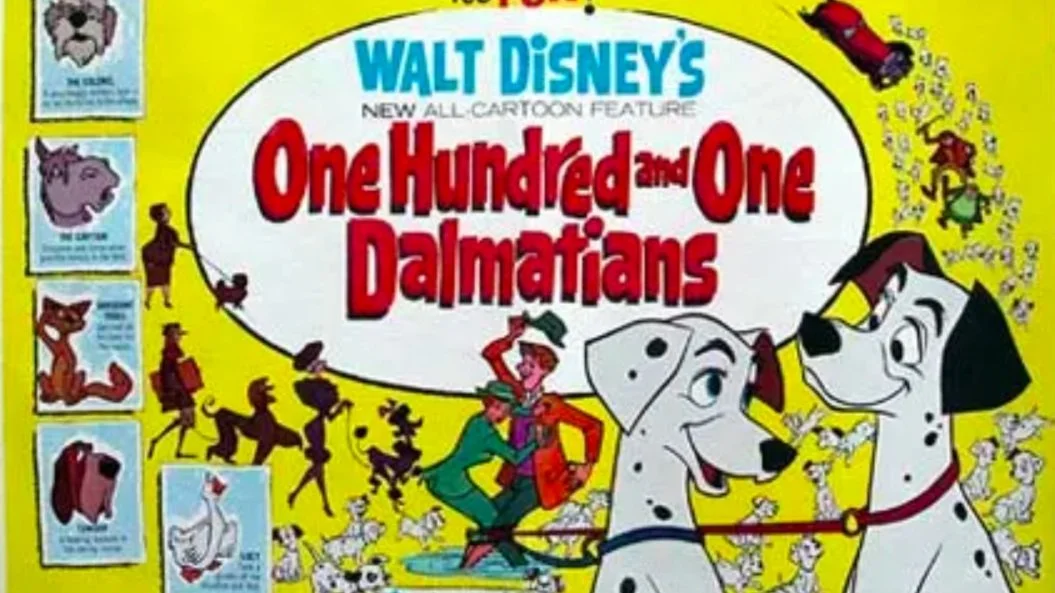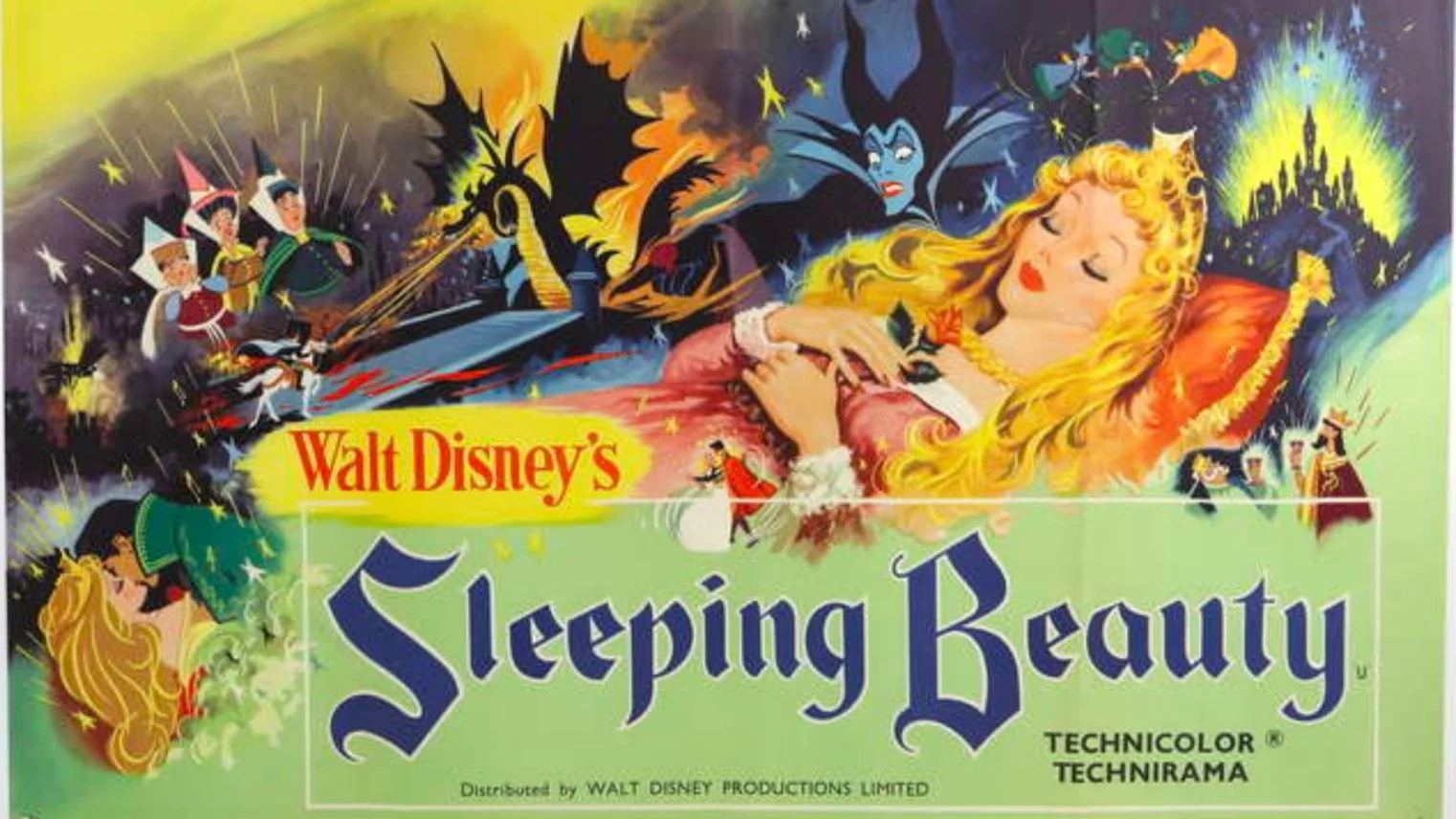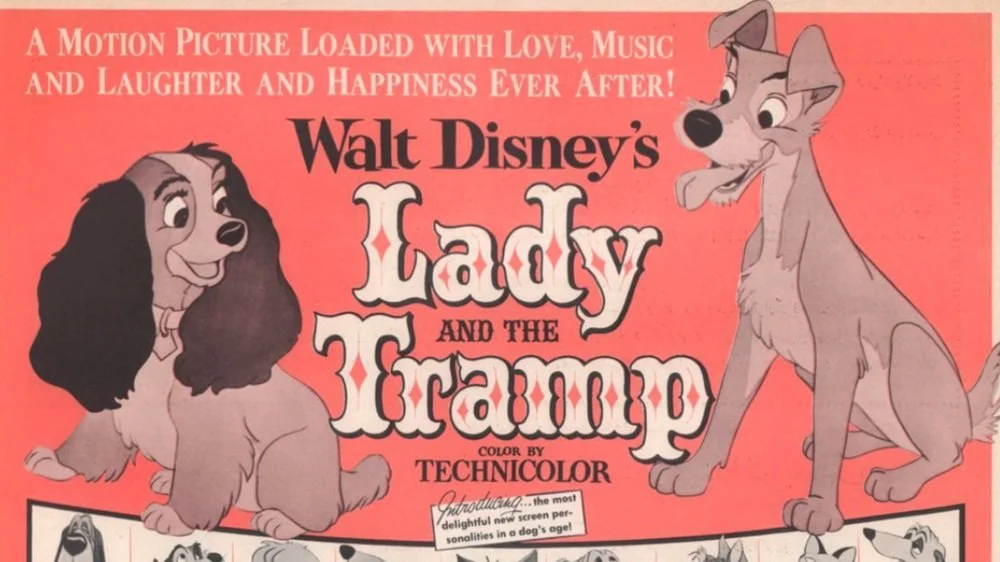Beginner’s Guide to Alfred Hitchcock: Family Plot (1976)
The Anastasia fairy tale is an enduring legend that’s been retold several times. Ingrid Bergman won an Oscar for playing the lead role in 1956. Don Bluth made a popular animated musical in 1997 starring Meg Ryan. And currently on Broadway and on national tour, there’s a stage adaptation of the 1997 film. Alfred Hitchcock’s final film, Family Plot (1976), isn’t a direct adaptation of the fairy tale, but it does take elements of that story and twists them into a macabre Hitchcock thriller. Based on the novel The Rainbird Pattern by Victor Canning, Family Plot stars the late Barbara Harris, Bruce Dern, Karen Black, William Devane, Cathleen Nesbitt, and Katherine Helmond.
Blanche (Harris) is a fake psychic who learns from her client Julia Rainbird (Cathleen Nesbitt) that she has a missing nephew who was given up for adoption by her now dead sister. Julia asks Blanche to find this nephew so she can make him her heir. As a reward, Blanche will receive $10,000. Blanche and her taxi-driving boyfriend George (Dern) track down this nephew through a series of clues. The nephew is now living as a jeweler named Arthur Adamson (Devane), who kidnaps billionaires with his girlfriend Fran (Black) in exchange for jewels.
The story of Anastasia—the famed Russian princess who was lost and found again—probably wasn’t an inspiration to either novelist Victor Canning or screenwriter Ernest Lehman. And so I’m sure it’s a stretch for me to make that connection. But I love the idea of this fantasy—finding out you are of royal blood and heir to a kingdom—being turned on its head. Rather than being a scrappy, endearing orphan, the missing heir turns out to be a murderous criminal. Blanche and George try to find the actual heir, instead of dressing someone up as the part, and they find someone reprehensible. Hitchcock traded in that kind of delicious irony many times in the past. And for his final film to be a bumbling black comedy is perfect. It’s a fun send-off to a glorious career.
Family Plot is a very amusing movie. The film features a bonkers car chase shot from the hood of the car with Blanche and George basically doing everything not to drive safely. The film has a fun, brisk place and the more criminal elements of the film do not feel too heavy. The four lead performances are in perfect pitch to this kind of movie, especially Barbara Harris and Karen Black. The four actors are delightfully loony and completely watchable.
The musical score was written by John Williams, hot off his success with Jaws in 1975. Williams later recalled his time with Hitchcock as a pleasant one, as Hitchcock would work closely with Williams during his scoring sessions. Hitchcock advised Williams that the score could be light and winking even for a story about murder and theft. The music in Family Plot does well to reflect the tone of the film, and Williams’ love of leitmotifs suit the film well with its cast of unique characters.
Family Plot was well received by critics and audiences at the time. The film wasn’t a huge hit but made decent money. It’s best remembered now as a solid Hitchcock comic thriller. It may not be a stone cold classic but it’s not an embarrassing swan song either. With this film and his previous thriller Frenzy Hitchcock had bounced back from the rocky late 1960s.
After this film, Hitchcock was planning a spy thriller called The Short Night with writers James Costigan, Ernest Lehman, and David Freeman. The film was going to follow a CIA agent who tasked to kill a double agent. The agent then falls in love with his target’s wife. The film was never produced because of both Hitchcock’s and his wife Alma Reville’s declining health. The Short Night would be Hitchcock’s last pursued project, and the script was published alongside Hitchcock’s other unproduced films.
In 1980, Hitchcock was appointed Knight Commander of the Most Excellent Order of the British Empire. He was too ill to travel to England, so the honor was bestowed on him in California. He made one final public appearance in March 1980 at the AFI awards ceremony. On April 29, 1980, Alfred Hitchcock passed away from kidney failure at his home, survived by his wife Alma and daughter Patricia.
I discovered Hitchcock about 10 years ago, and devoured his work. He taught me so much about the craft of filmmaking, the politics of classic Hollywood, and how genre can bend and be redefined. I’ve loved writing about Hitchcock, and I hope you enjoyed reading this column these past two years.
Goodbye, Hitch. Thanks for everything, old friend.





